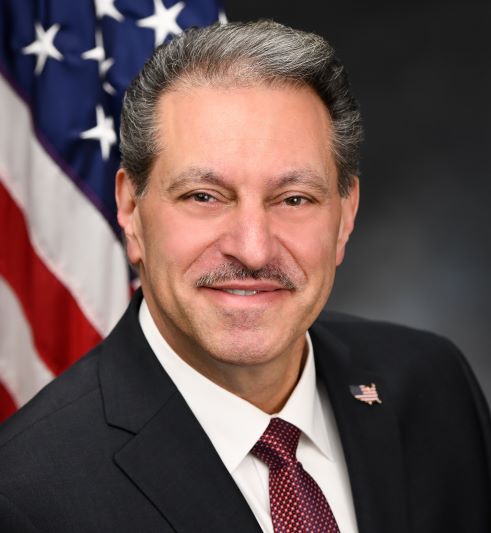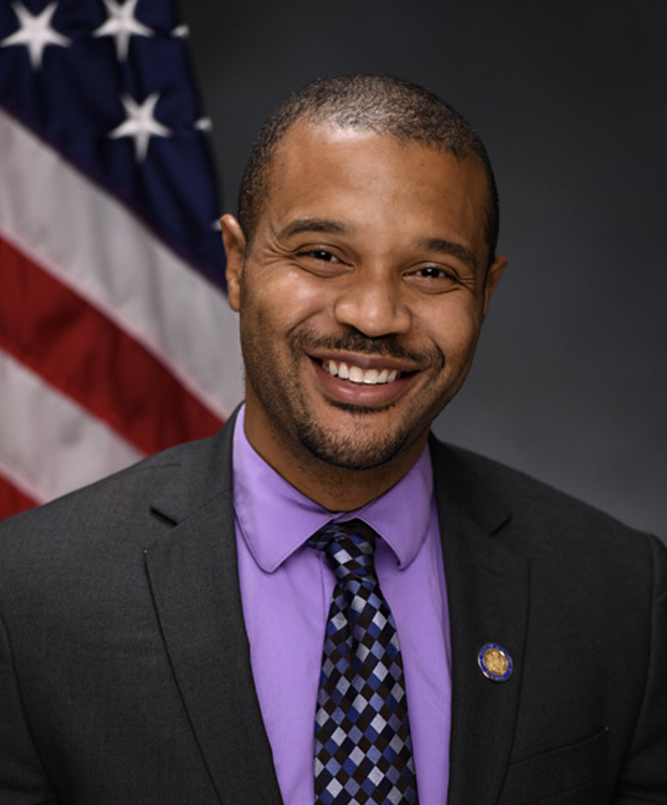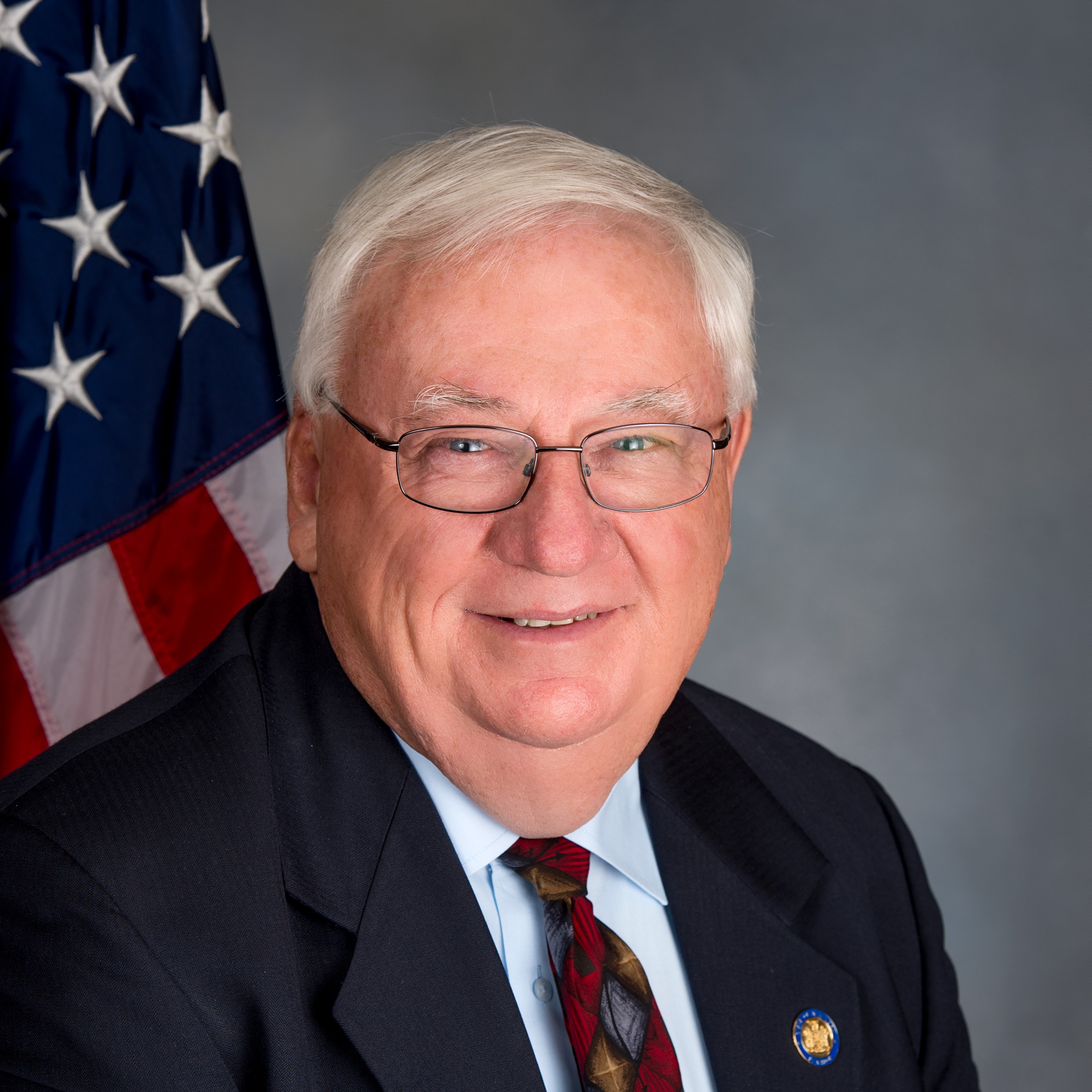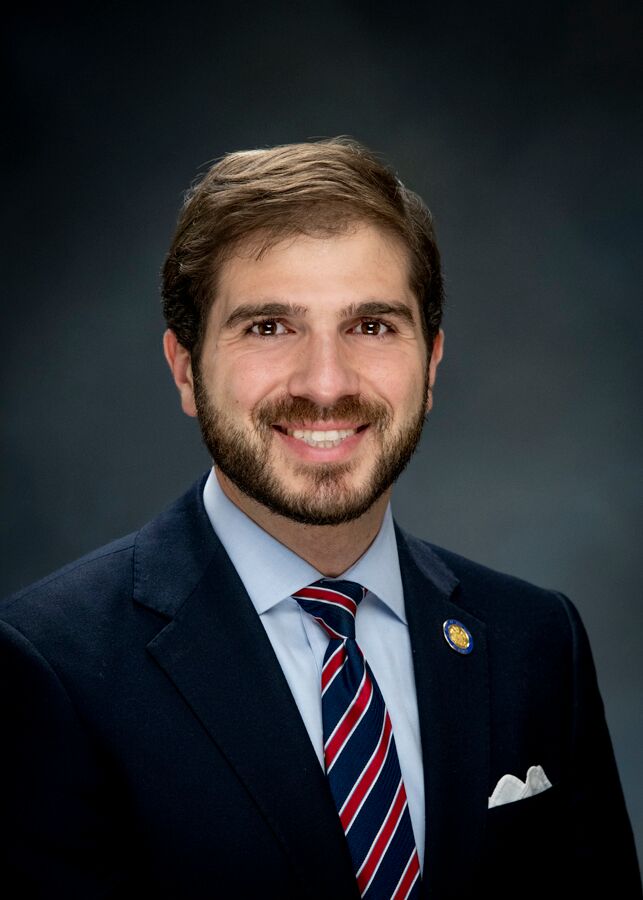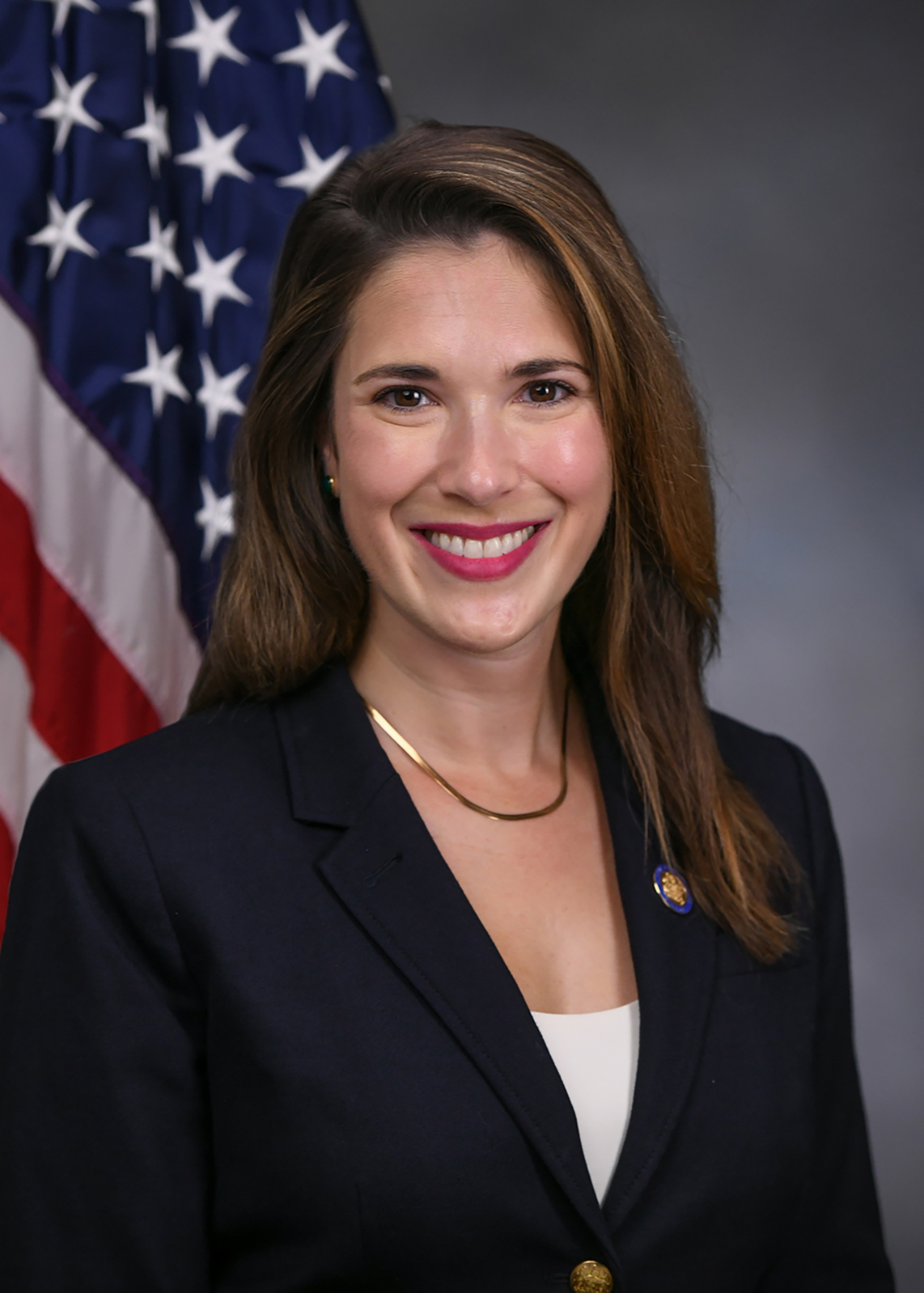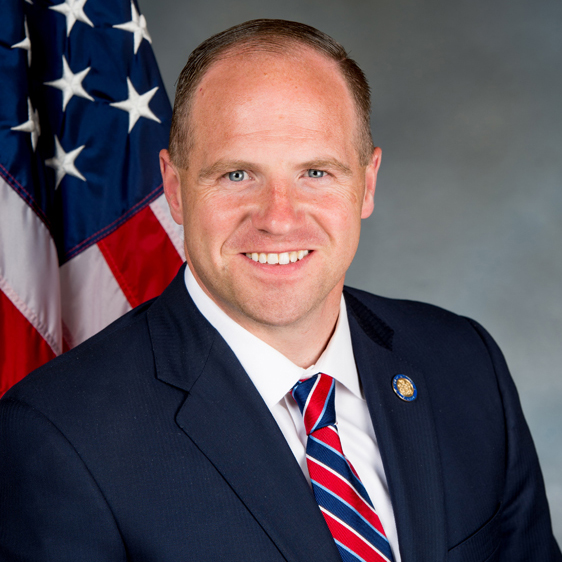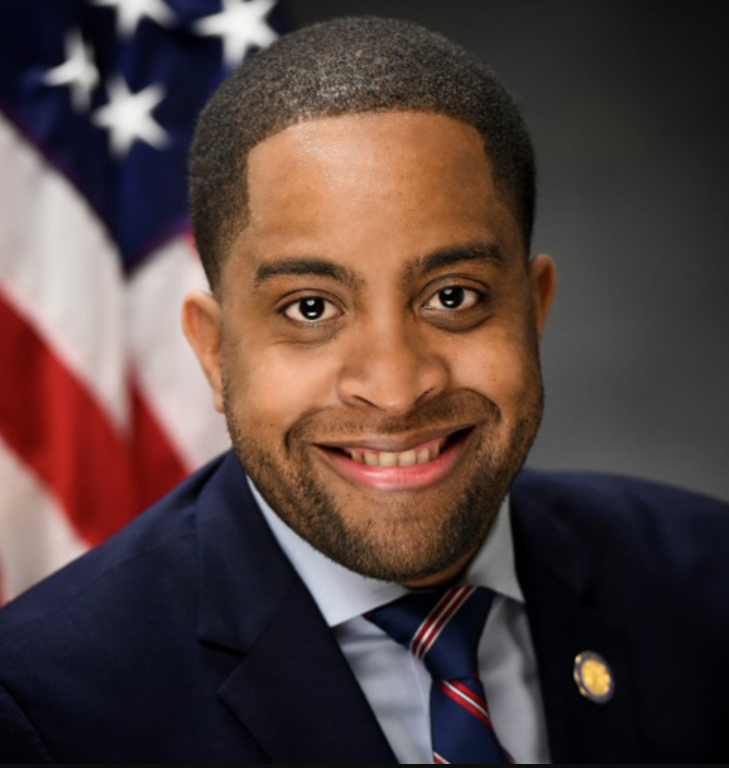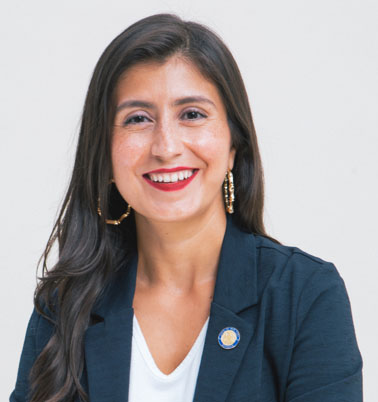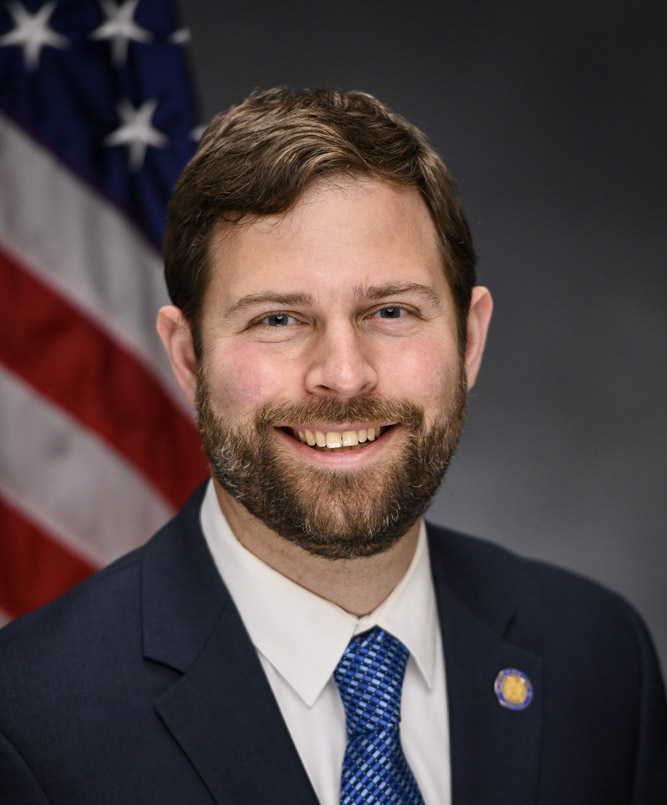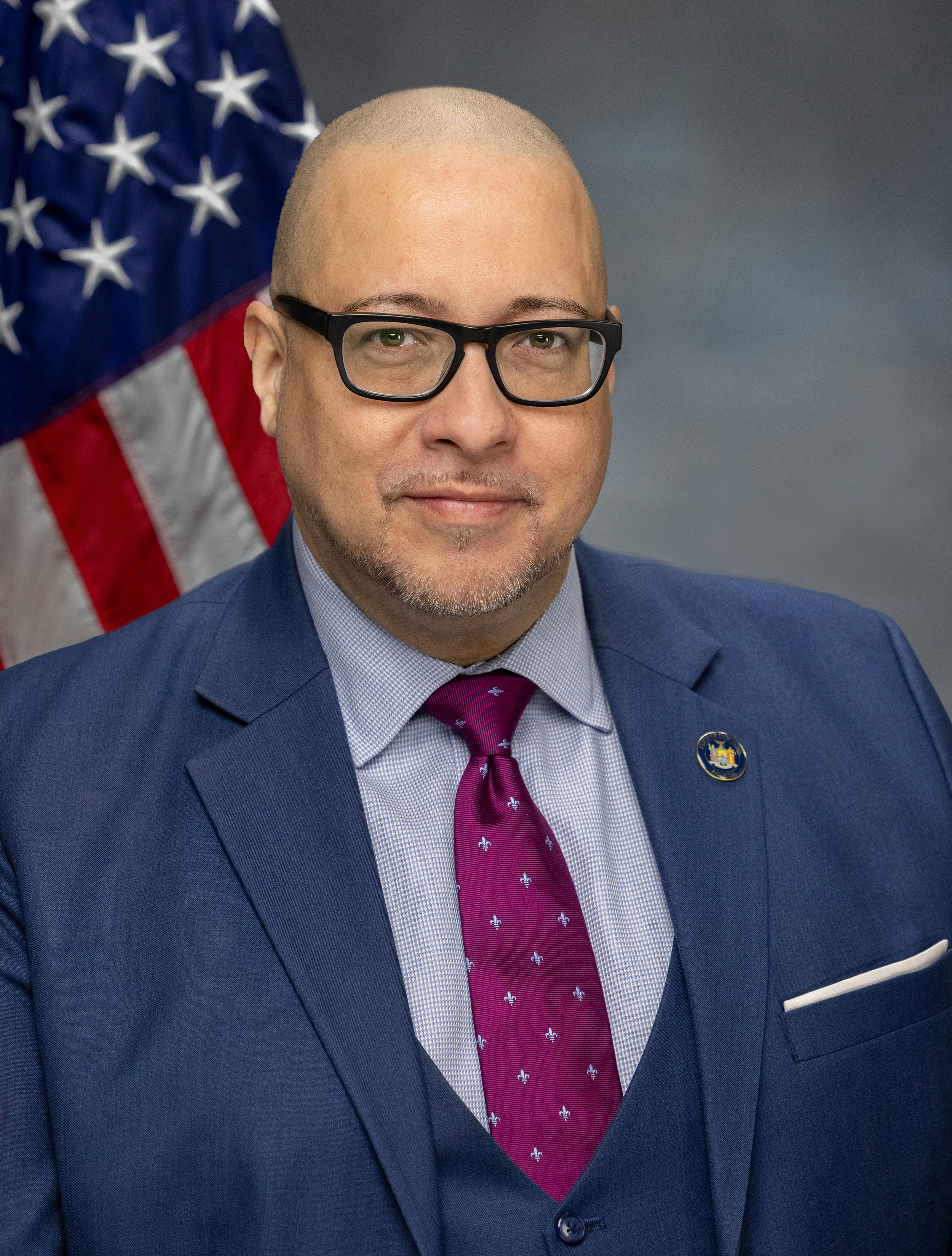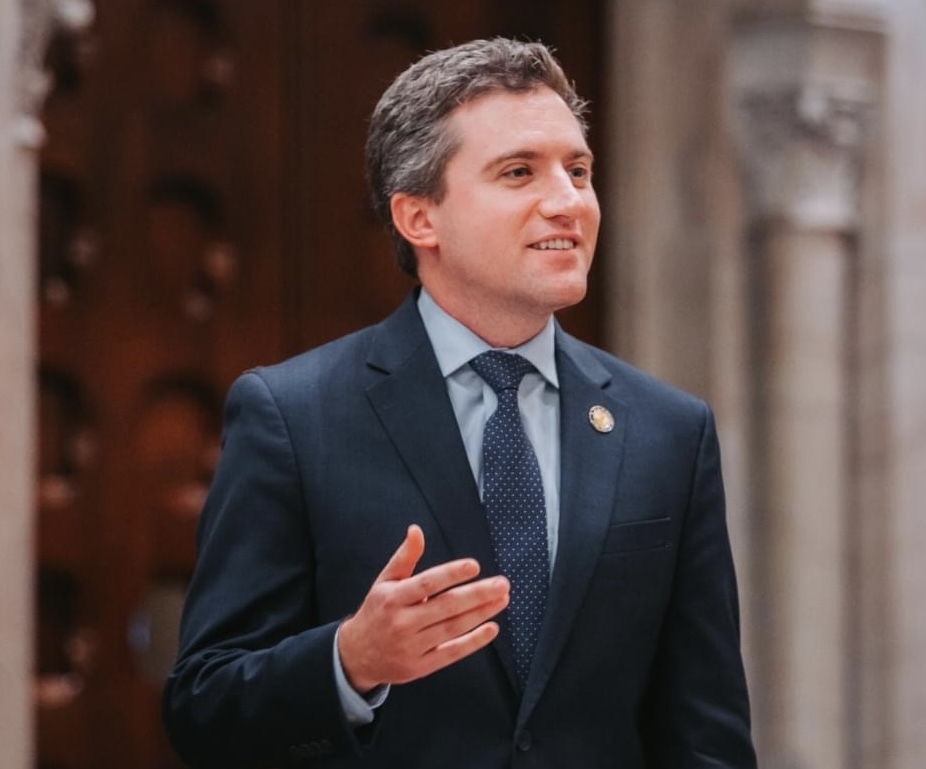S T A T E O F N E W Y O R K
________________________________________________________________________
1351
2021-2022 Regular Sessions
I N S E N A T E
January 11, 2021
___________
Introduced by Sens. HOYLMAN, SALAZAR, ADDABBO, BAILEY, BENJAMIN, BIAGGI,
BRESLIN, BRISPORT, BROOKS, COMRIE, GAUGHRAN, GIANARIS, GOUNARDES,
HARCKHAM, HINCHEY, JACKSON, KAMINSKY, KAPLAN, KAVANAGH, KENNEDY,
KRUEGER, LIU, MAY, MAYER, MYRIE, PARKER, PERSAUD, RAMOS, REICHLIN-MEL-
NICK, RIVERA, SANDERS, SAVINO, SEPULVEDA, SERRANO, SKOUFIS, STAVISKY,
THOMAS -- read twice and ordered printed, and when printed to be
committed to the Committee on Codes
AN ACT to repeal section 240.37 of the penal law, relating to loitering
for the purpose of engaging in a prostitution offense; and to amend
the penal law, the criminal procedure law, the social services law and
the administrative code of the city of New York, in relation to making
technical corrections relating thereto
THE PEOPLE OF THE STATE OF NEW YORK, REPRESENTED IN SENATE AND ASSEM-
BLY, DO ENACT AS FOLLOWS:
Section 1. The repeal of section 240.37 of the penal law, as effected
by section two of this act, is hereby declared to be ameliorative, and
it is the intent of the legislature that no prosecution under such
section be commenced, continued, or refiled.
§ 2. Section 240.37 of the penal law is REPEALED.
§ 3. Section 230.01 of the penal law, as amended by chapter 189 of the
laws of 2018, is amended to read as follows:
§ 230.01 Prostitution; affirmative defense.
In any prosecution under section 230.00, section 230.03, section
230.19, SECTION 230.20, subdivision 2 of section 230.25, subdivision 2
of section 230.30[,] OR section 230.34-a [or subdivision two of section
240.37] of this [part] ARTICLE, it is an affirmative defense that the
defendant's participation in the offense was a result of having been a
victim of compelling prostitution under section 230.33 OF THIS ARTICLE,
a victim of sex trafficking under section 230.34 of this article, a
victim of sex trafficking of a child under section 230.34-a of this
EXPLANATION--Matter in ITALICS (underscored) is new; matter in brackets
[ ] is old law to be omitted.
LBD01328-02-1
S. 1351 2
article or a victim of trafficking in persons under the trafficking
victims protection act (United States Code, Title 22, Chapter 78).
§ 4. Section 60.47 of the criminal procedure law, as added by section
2 of part I of chapter 57 of the laws of 2015, is amended to read as
follows:
§ 60.47 Possession of condoms; receipt into evidence.
Evidence that a person was in possession of one or more condoms may
not be admitted at any trial, hearing, or other proceeding in a prose-
cution for section 230.00 [or section 240.37] of the penal law for the
purpose of establishing probable cause for an arrest or proving any
person's commission or attempted commission of such offense.
§ 5. Paragraphs (c) and (d) of subdivision 1 of section 160.10 of the
criminal procedure law, paragraph (c) as amended by chapter 762 of the
laws of 1971 and paragraph (d) as amended by chapter 232 of the laws of
2010, are amended to read as follows:
(c) A misdemeanor defined outside the penal law which would constitute
a felony if such person had a previous judgment of conviction for a
crime[; or
(d) Loitering for the purpose of engaging in a prostitution offense as
defined in subdivision two of section 240.37 of the penal law].
§ 6. Subdivision 4 of section 170.30 of the criminal procedure law, as
added by chapter 402 of the laws of 2014, is amended to read as follows:
4. After arraignment upon an information, a simplified information, a
prosecutor's information or misdemeanor complaint on a charge of prosti-
tution pursuant to section 230.00 of the penal law [or loitering for the
purposes of prostitution pursuant to subdivision two of section 240.37
of the penal law, provided that the person does not stand charged with
loitering for the purpose of patronizing a prostitute, where such
offense allegedly occurred when the person was sixteen or seventeen
years of age,] the local criminal court may dismiss such charge in its
discretion in the interest of justice on the ground that a defendant
participated in services provided to him or her.
§ 7. The opening paragraph of subdivision 1 of section 170.80 of the
criminal procedure law, as amended by chapter 402 of the laws of 2014,
is amended to read as follows:
Notwithstanding any other provision of law, at any time at or after
arraignment on a charge of prostitution pursuant to section 230.00 of
the penal law [or loitering for the purposes of prostitution pursuant to
subdivision two of section 240.37 of the penal law, provided that the
person does not stand charged with loitering for the purpose of patron-
izing a prostitute, where such offense allegedly occurred when the
person was sixteen or seventeen years of age except where], after
consultation with counsel, a knowing and voluntary plea of guilty has
been entered to such charge, any judge or justice hearing any stage of
such case may, upon consent of the defendant after consultation with
counsel:
§ 8. Subdivision 2 of section 420.35 of the criminal procedure law, as
amended by chapter 144 of the laws of 2020, is amended to read as
follows:
2. Except as provided in this subdivision or subdivision two-a of this
section, under no circumstances shall the mandatory surcharge, sex
offender registration fee, DNA databank fee or the crime victim assist-
ance fee be waived. A court shall waive any mandatory surcharge, DNA
databank fee and crime victim assistance fee when: (i) [the defendant is
convicted of loitering for the purpose of engaging in prostitution under
section 240.37 of the penal law (provided that the defendant was not
S. 1351 3
convicted of loitering for the purpose of patronizing a person for pros-
titution); (ii)] the defendant is convicted of prostitution under
section 230.00 of the penal law; [(iii)] (II) the defendant is convicted
of a violation in the event such conviction is in lieu of a plea to or
conviction for [loitering for the purpose of engaging in prostitution
under section 240.37 of the penal law (provided that the defendant was
not alleged to be loitering for the purpose of patronizing a person for
prostitution) or] prostitution under section 230.00 of the penal law;
[or (iv)] (III) the court finds that a defendant is a victim of sex
trafficking under section 230.34 of the penal law or a victim of traf-
ficking in persons under the trafficking victims protection act (United
States Code, Title 22, Chapter 78); or [(v)] (IV) the court finds that
the defendant is a victim of sex trafficking of a child under section
230.34-a of the penal law.
§ 9. Subdivision 4 of section 720.15 of the criminal procedure law, as
added by chapter 402 of the laws of 2014, is amended to read as follows:
4. Notwithstanding any provision in this article, a person charged
with prostitution as defined in section 230.00 of the penal law [or
loitering for the purposes of prostitution as defined in subdivision two
of section 240.37 of the penal law, provided that the person does not
stand charged with loitering for the purpose of patronizing a prosti-
tute, and such person is aged sixteen or seventeen when such offense
occurred,] regardless of whether such person (i) had prior to commence-
ment of trial or entry of a plea of guilty been convicted of a crime or
found a youthful offender, or (ii) subsequent to such conviction for
prostitution [or loitering for prostitution] is convicted of a crime or
found a youthful offender, the provisions of subdivisions one and two of
this section requiring or authorizing the accusatory instrument filed
against a youth to be sealed, and the arraignment and all proceedings in
the action to be conducted in private shall apply.
§ 10. Subdivision 1 of section 720.35 of the criminal procedure law,
as amended by chapter 402 of the laws of 2014, is amended to read as
follows:
1. A youthful offender adjudication is not a judgment of conviction
for a crime or any other offense, and does not operate as a disquali-
fication of any person so adjudged to hold public office or public
employment or to receive any license granted by public authority but
shall be deemed a conviction only for the purposes of transfer of super-
vision and custody pursuant to section two hundred fifty-nine-m of the
executive law. A defendant for whom a youthful offender adjudication was
substituted, who was originally charged with prostitution as defined in
section 230.00 of the penal law [or loitering for the purposes of pros-
titution as defined in subdivision two of section 240.37 of the penal
law provided that the person does not stand charged with loitering for
the purpose of patronizing a prostitute, for an offense allegedly
committed when he or she was sixteen or seventeen years of age], shall
be deemed a "sexually exploited child" as defined in subdivision one of
section four hundred forty-seven-a of the social services law and there-
fore shall not be considered an adult for purposes related to the charg-
es in the youthful offender proceeding or a proceeding under section
170.80 of this chapter.
§ 11. Paragraphs (c) and (d) of subdivision 1 of section 447-a of the
social services law, as amended by chapter 189 of the laws of 2018, are
amended to read as follows:
(c) is a victim of the crime of compelling prostitution as defined in
section 230.33 of the penal law;
S. 1351 4
(d) engages in acts or conduct described in article two hundred
sixty-three [or section 240.37] of the penal law.
§ 12. The third undesignated paragraph of subdivision a of section
3-118 of the administrative code of the city of New York, as amended by
chapter 189 of the laws of 2018, is amended to read as follows:
Sexually exploited youth. The term "sexually exploited youth" means
persons under the age of 18 who have been subject to sexual exploitation
because they (a) are the victim of the crime of sex trafficking as
defined in section 230.34 of the penal law; (b) engage in any act as
defined in section 230.00 of the penal law; (c) are a victim of the
crime of compelling prostitution as defined in section 230.33 of the
penal law; (d) are a victim of the crime of sex trafficking of a child
as defined in section 230.34-a of the penal law; or (e) engage in acts
or conduct described in article [263 or section 240.37] TWO HUNDRED
SIXTY-THREE of the penal law. The term shall also mean persons under
the age of 18 who have been subject to incest in the third degree,
second degree or first degree, as defined in sections 255.25, 255.26,
and 255.27 of the penal law, respectively, or any of the sex offenses
enumerated in article [130] ONE HUNDRED THIRTY of the penal law.
§ 13. The opening paragraph of subdivision 1 and subdivisions 2 and 3
of section 160.55 of the criminal procedure law, the opening paragraph
of subdivision 1 as amended by chapter 359 of the laws of 2019, subdivi-
sion 2 as amended by chapter 476 of the laws of 2009 and subdivision 3
as amended by chapter 249 of the laws of 1981 and renumbered by chapter
142 of the laws of 1991, are amended to read as follows:
Regardless of the class of offense for which a person is initially
charged, upon the termination of a criminal action or proceeding against
a person by the conviction of such person of a traffic infraction or a
violation, other than [a violation of loitering as described in para-
graph (d) of subdivision one of section 160.10 of this article or] the
violation of operating a motor vehicle while ability impaired as
described in subdivision one of section eleven hundred ninety-two of the
vehicle and traffic law, unless the district attorney upon motion with
not less than five days' notice to such person or his or her attorney
demonstrates to the satisfaction of the court that the interests of
justice require otherwise, or the court on its own motion with not less
than five days' notice to such person or his or her attorney determines
that the interests of justice require otherwise and states the reasons
for such determination on the record, the clerk of the court wherein
such criminal action or proceeding was terminated shall immediately
notify the commissioner of the division of criminal justice services and
the heads of all appropriate police departments and other law enforce-
ment agencies that the action has been terminated by such conviction.
Upon receipt of notification of such termination:
2. A report of the termination of the action or proceeding by
conviction of a traffic violation or a violation other than [a violation
of loitering as described in paragraph (d) or (e) of subdivision one of
section 160.10 of this title or] the violation of operating a motor
vehicle while ability impaired as described in subdivision one of
section eleven hundred ninety-two of the vehicle and traffic law, shall
be sufficient notice of sealing to the commissioner of the division of
criminal justice services unless the report also indicates that the
court directed that the record not be sealed in the interests of
justice. Where the court has determined pursuant to subdivision one of
this section that sealing is not in the interests of justice, the clerk
of the court shall include notification of that determination in any
S. 1351 5
report to such division of the disposition of the action or proceeding.
When the defendant has been found guilty of a violation of harassment in
the second degree and it was determined pursuant to subdivision eight-a
of section 170.10 of this title that such violation was committed
against a member of the same family or household as the defendant, the
clerk of the court shall include notification of that determination in
any report to such division of the disposition of the action or proceed-
ing for purposes of paragraph (a) and subparagraph (vi) of paragraph (d)
of subdivision one of this section.
3. A person against whom a criminal action or proceeding was termi-
nated by such person's conviction of a traffic infraction or violation
other than [a violation of loitering as described in paragraph (d) or
(e) of subdivision one of section 160.10 of this chapter or] the
violation of operating a motor vehicle while ability impaired as
described in subdivision one of section eleven hundred ninety-two of the
vehicle and traffic law, prior to the effective date of this section,
may upon motion apply to the court in which such termination occurred,
upon not less than twenty days notice to the district attorney, for an
order granting to such person the relief set forth in subdivision one of
this section, and such order shall be granted unless the district attor-
ney demonstrates to the satisfaction of the court that the interests of
justice require otherwise.
§ 14. Subparagraph (iii) of paragraph (k) of subdivision 3 of section
160.50 of the criminal procedure law, as amended by chapter 132 of the
laws of 2019, is amended to read as follows:
(iii) the conviction is for an offense defined in section 221.05 or
221.10 of the penal law; OR
(IV) THE CONVICTION WAS FOR AN OFFENSE DEFINED IN SECTION 240.37 OF
THE PENAL LAW.
§ 15. This act shall take effect immediately.


